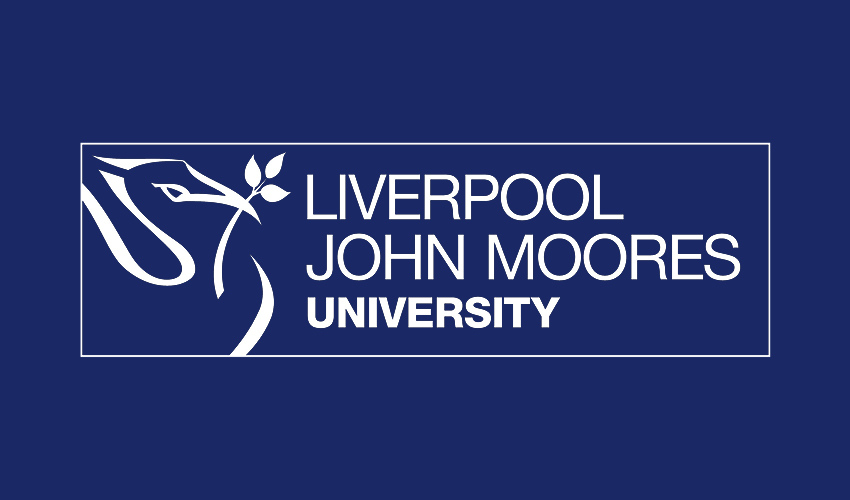About Bsc (hons) Computer Games Development in Liverpool John Moores University
This BSc course will prepare you to be a computer game developer ready to work and succeed in this challenging and exciting industry.
Computer games development is a very technically demanding process and developers are required to possess a wide range of technical skills including computer programming, computer graphics and mathematics. In addition, they are also expected to have strong knowledge of gaming console and PC hardware architecture.
The topics typically covered in this course include:
- C/C++ computer programming languages
- Applied mathematics for game physics and computer graphics
- Shader-based 3D graphics programming using industry standard API such as OpenGL and DirectX
- Multi-platforms (PC and consoles) gameplay programming, including techniques such as game content pipelining, multi-threading, artificial intelligence, memory management and optimisation
- Game design, level design, game production and digital game content production.
On this course you will have direct access to experts in the field as well as state-of-the-art facilities at the University. Our Games Technology Lab with its Sony PlayStation and Microsoft Xbox consoles, and industry standard software, together with excellent technical support, mean that you will get plenty of hands-on experience and extensive opportunities to build up a portfolio to show and impress prospective employers.
The Department of Computer Science and Mathematics has strong links with many local, national and international games development companies, including SCEE, Atomicom, Lucid Games, Damibu, Setgo Games, Eutechnyx, and Jagex to name but a few. These employers work with us to ensure that the course is current and up-to-date, and that graduates are able to meet the demands of the games industry for skilled developers.
Our strong links also mean that you will have plenty of options when you come to choose your work placement. Students have worked in game development companies in many cities, from Liverpool to Kontich in Belgium as well as Cheng-Du in China.
Your Lecturers
This research-informed and practice-driven course is taught by a team of lecturers who have rich industry background and are research active. All teaching staff have doctoral degrees in their respective areas of expertise and they have professional collaborations with Games industry.
Staff in the Department of Computer Science and Mathematics actively participates in research to further the development of state-of-the-art computing technologies. Research within the School is recognised internationally in the area of Networked Systems and Security, Computer Entertainment, and Neural Networks with funding from EPSRC, BBC and the European Union.
Entry Requirements
-
A Higher Secondary Certificate/Standard 12/Indian School Certificate (Year 12)
or
All India Senior School Certificate Examination with a minimum of 65% (60% in Maths and your chosen subject and 70% in English)
English language requirements
-
IELTS :6.0 Overall with 5.5 in each component
-
TOEFL IB : 78 Overall with R18, W17, L17, S20
Liverpool John Moores University Highlights
| Type |
Public University |
| Campus Setting |
Urban |
| Establishment year |
1823 |
| Location |
Liverpool, England |
| Student population |
23,200 |
| Faculties |
5 |
| Student to faculty ratio |
15:1 |
| Accommodation |
Available |
| Application mode |
Online |
| Document submission mode |
Online |
| Courses offered |
UG bachelor, PG masters PhD; certificates, dual degrees, distance learning, foundation+ |
| Official website |
www.ljmu.ac.uk |
| International scholarships |
Available |
| Work study |
Available |
Liverpool John Moores University Cost of Attendance
Given here is a detailed breakdown of the basic expenses.
| For Undergraduate Students |
| Foundation programmes |
GBP 11,000 |
| Classroom Based |
GBP 15,600 |
| Laboratory based |
GBP 16,100 |
| Industrial placement year |
GBP 3,650 |
| For Graduate Students |
| Laboratory based |
GBP 16,100 |
| Classroom based |
GBP 15,600 |
The weekly living expenses are tabulated below:
| Type of accommodation |
Price |
| Standard shared bathroom |
GBP 90 |
| Bronze En-suite |
GBP 127 |
| Standard En-suite |
GBP 112-114 |
| Self-contained studio |
GBP 169 |
